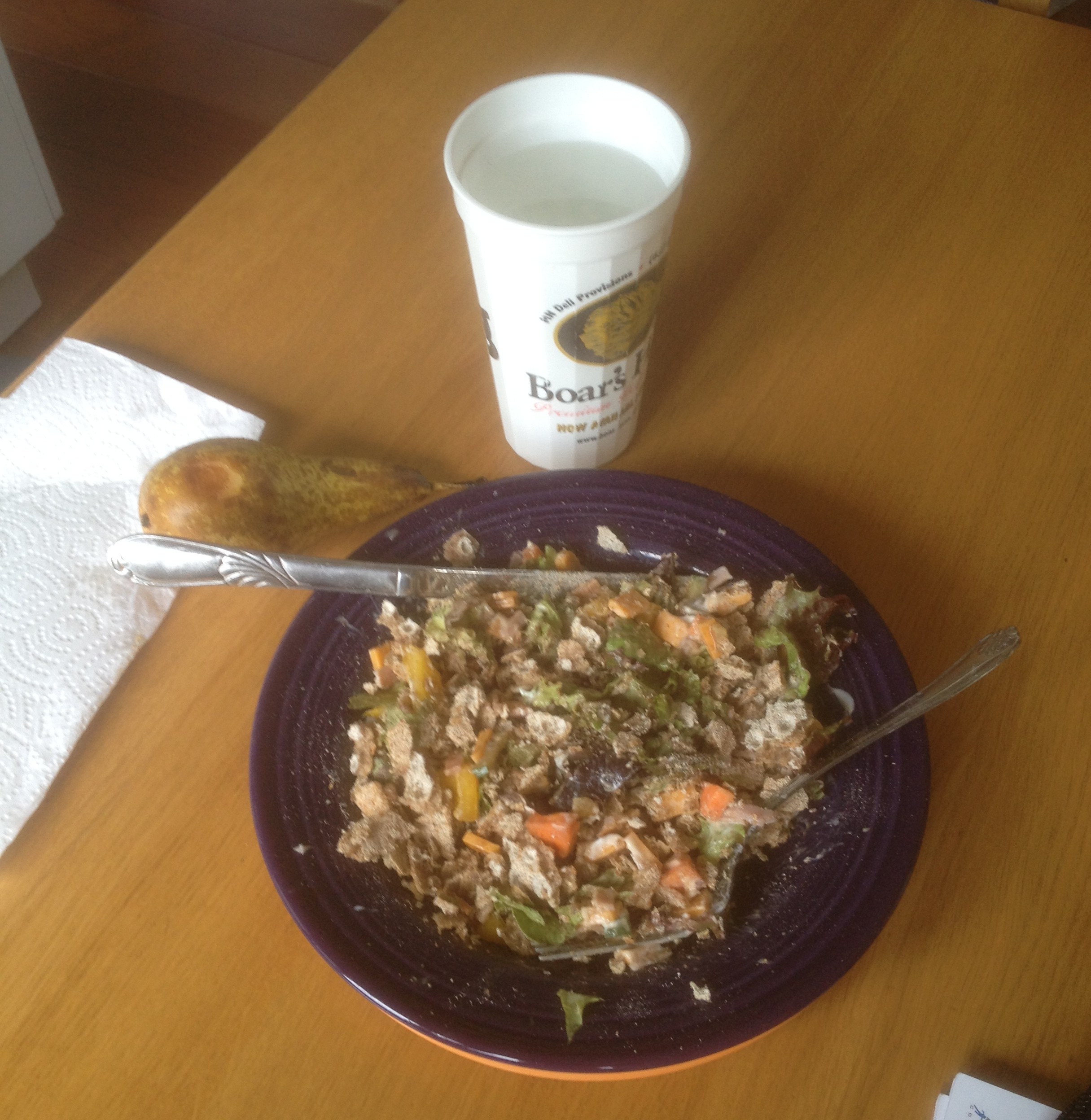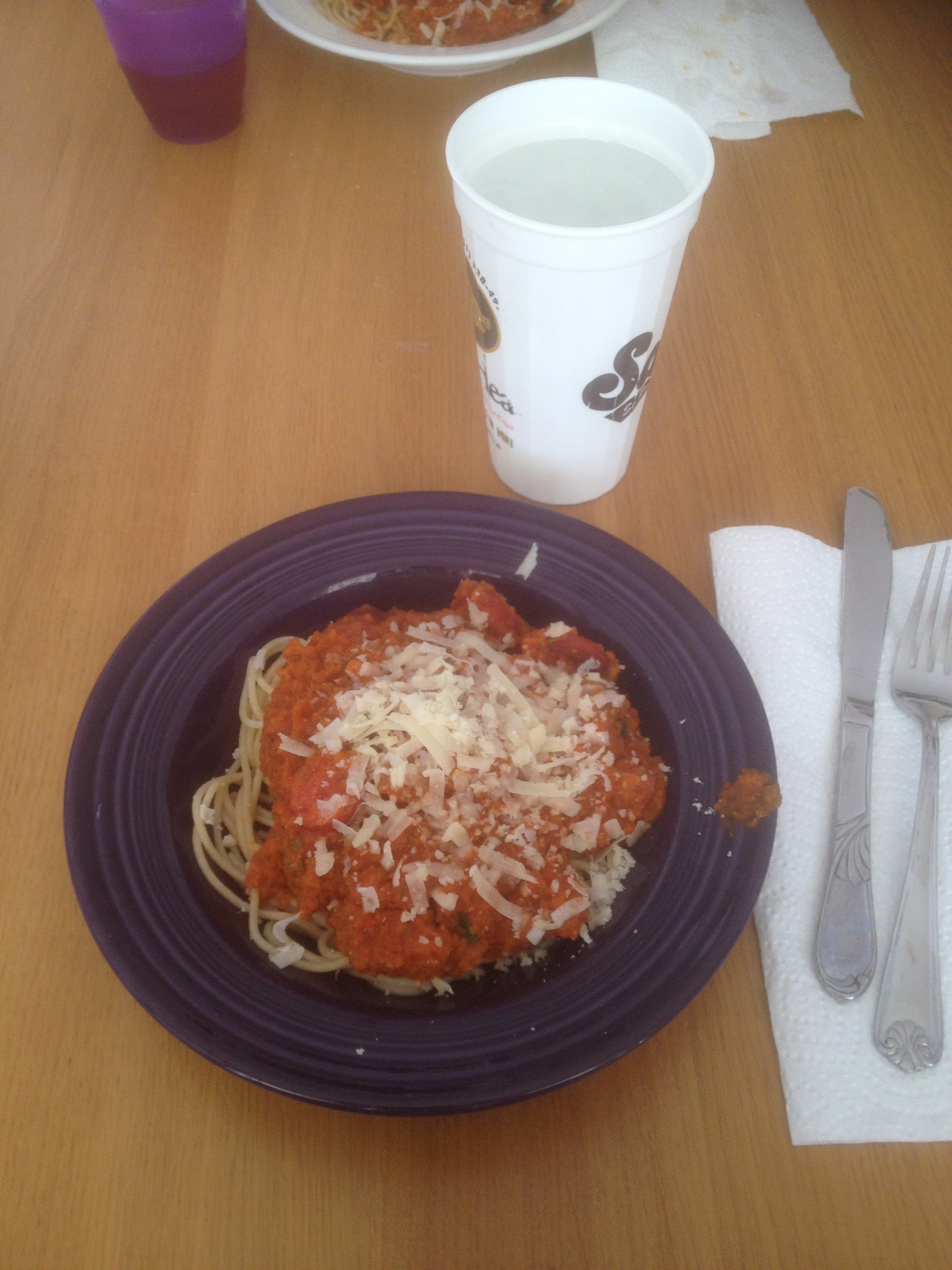This week is the 8th Annual Diabetes Blog Week and my second year participating. Diabetes Blog Week was started by and is still instigated by fellow type 1 Karen Graffeo in Connecticut who blogs at Bitter~Sweet Diabetes. This week is as a way for Diabetes bloggers (well over 100 participants from ALL OVER the World each year!) to share a huge variety of perspectives on issues relating to our illness. Learn more about Diabetes Blog Week here. #DBlogWeek
Diabetes Blog Week – Day 4 - What Brings Me Down
Today let’s revisit a prompt from 2014 - May is Mental Health Month so now seems like a great time to explore the emotional side of living with, or caring for someone with, diabetes. What things can make dealing with diabetes an emotional issue for you and / or your loved one, and how do you cope? (Thanks again to Scott for this 2014 topic.) I seem to be in a good place with my diabetes management at the moment, as I’m blogging less about my own diabetes experiences and more about what is going on in my wider diabetes bubble.
So my “What Brings me Down” blog post is more about all the things that are frustrating, overwhelming and make me want to cry in the world of diabetes advocacy.
However, there is one area that does bring me down recently. Several nights, not in a row, of CGM alarms disrupting my sleep are bring me down. Is it just a phase or is it a new trend? Being overwhelmed with the night time alarms not being consistent so I can’t use the information to make changes is bringing me down.
Oh and the thoughts of doing basal rate checks is bring me down too. I’ve no problem doing, no, I’ll correct that to, I have the least resistance in doing basal rate checks at night. Go figure that one!
My anxiety levels elevate a bit when I consider doing basal rate checks during the day because I’m always running around and I “chauffeur” during the day (school dropoffs and pickups). So, and please don’t be horrified by this, but in my 7 years on an insulin pump I have not done basal rate test in daylight. But since I learned more about Sugar Surfing last weekend I have a renewed ambition to tackle this.
What seriously brings me down is trying to explain what living with diabetes is like for me and not receiving compassion or understanding. Being met with the challenge of lack of knowledge and being met with a lack of empathy because the tabloid media and some health care professionals continue to reinforce the myth that diabetes is a self-indulgent condition and therefore deserved.
What brings me down is trying to fundraise for anything related to diabetes, especially to improve diabetes health care services in Ireland, in a world that doesn’t seem understand or want to understand why we need those things. What brings me down is how heavily we rely on our own community to fundraise when we are such a small one.
What brings me down is hearing that a new, much needed, health care professional has (finally) been appointing in a diabetes clinic only to find out that a vacancy or funding is pulled from another clinic in another part of the country. Case and point here;
“– In Waterford, the vacant Consultant post there was advertised last year and we have to wait over 6 months for interviews to be held and possibly up to a further year for the post to be filled.
– Following the transfer of a Consultant from Sligo Hospital to Limerick University Hospital, nothing is being done to date to recruit a replacement in Sligo.
– In Galway University Hospital, we are waiting for interviews to take place for the vacant Consultant post there which was recently re-advertised following the withdrawal of a successful candidate who was returning from abroad and who had accepted the post in 2015 and was due to start in 2017.” Source Diabetes Ireland
What brings me down is the fact that our health service published a standard of care document for children with type 1 diabetes in December 2015 and have absolutely no progress or indication that it will be implemented any time soon.
And finally, what brings me down is the fact that there is NO standard of care document for adults with type 1 diabetes and even if the health service ever gets around to publishing the delayed since June 2016 document for us, I feel like it will never, ever be implemented and I am on my own to advocate for myself.
It’s the never-ending-ness of the work needed in the diabetes advocacy world and the constant two steps forward, one step back and sometimes two steps back, that brings me down the most.
But I suppose it keeps me distracted from my own type 1 diabetes getting me down. :-S












